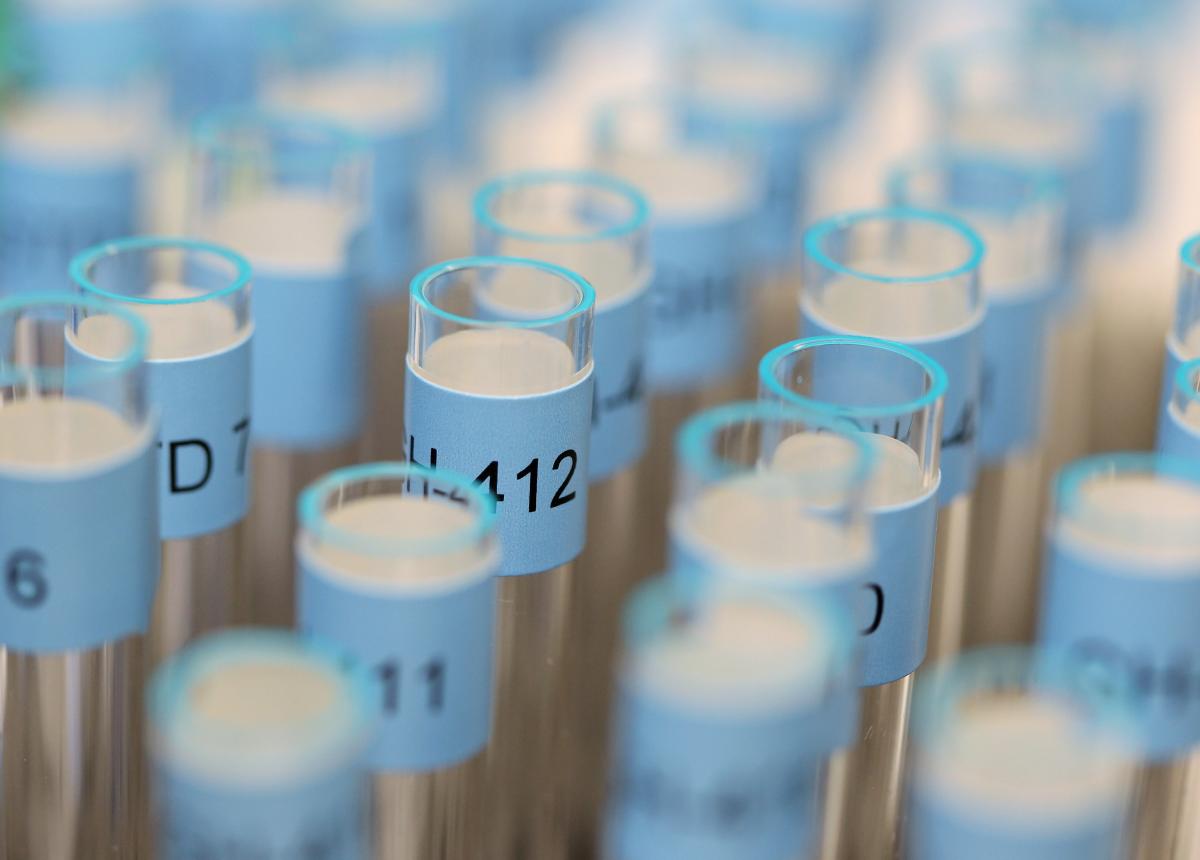IPC refers anti-doping rule violation involving Portuguese athlete Costa to UCI
Portuguese Para cyclist Luis Miguel Pinto Costa returned an adverse analytical finding (AAF) for a Prohibited Substance in a urine sample provided out-of-competition on 2 September 2024 as part of the pre-Games testing programme at the Paris 2024 Paralympic Games. 18 Dec 2024
The International Paralympic Committee (IPC) has referred an anti-doping rule violation case from the Paris 2024 Paralympic Games involving Portuguese Para cyclist Luis Miguel Pinto Costa to the Union Cycliste Internationale (UCI).
In its role as major event organiser of the Paris 2024 Paralympic Games, the IPC was responsible for the Games anti-doping programme.
Costa returned an adverse analytical finding (AAF) for a Prohibited Substance in a urine sample provided out-of-competition on 2 September 2024 as part of the pre-Games testing programme.
The prohibited substance was chlortalidone, which is included on the World Anti-Doping Agency (WADA) 2023 Prohibited List under the class S5 - Diuretics and Masking Agents.
The athlete has admitted his commission of an ADRV under the Code, consistent with the presence of chlortalidone in his A and B Samples.
As a result of his violation, the athlete’s results obtained at the Paris 2024 Paralympic Games are disqualified, together with all resulting consequences (including forfeiture of any medals, points and prizes).
The IPC will now refer the case to UCI, the international federation for Para cycling, to determine any further applicable consequences for the athlete, including any period of ineligibility.
Each athlete is strictly liable for the substances found in their sample. An ADRV occurs whenever a prohibited substance (or its metabolites or markers) is found in their bodily specimen, whether or not the athlete intentionally or unintentionally used a prohibited substance or was negligent or otherwise at fault.
As a signatory of the World Anti-Doping Code (the WADC), the IPC remains committed to a doping-free sporting environment at all levels. The IPC has established the IPC Anti-Doping Code in compliance with the general principles of the WADC, including the WADC International Standards, expecting that, in the spirit of sport, it will lead the fight against doping in sport for athletes with an impairment.




